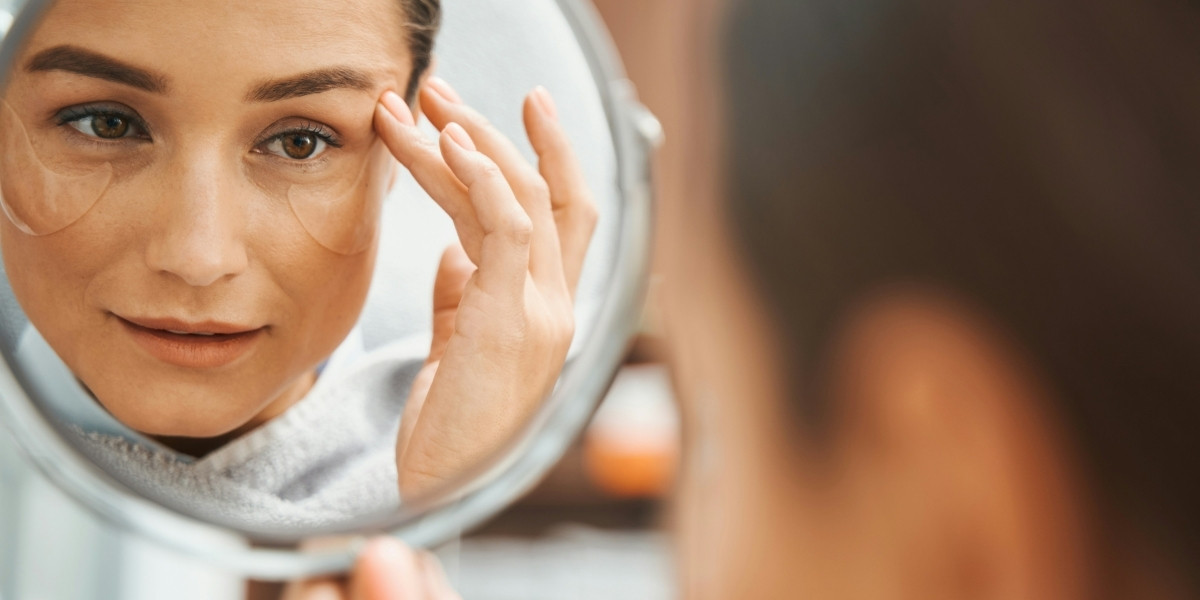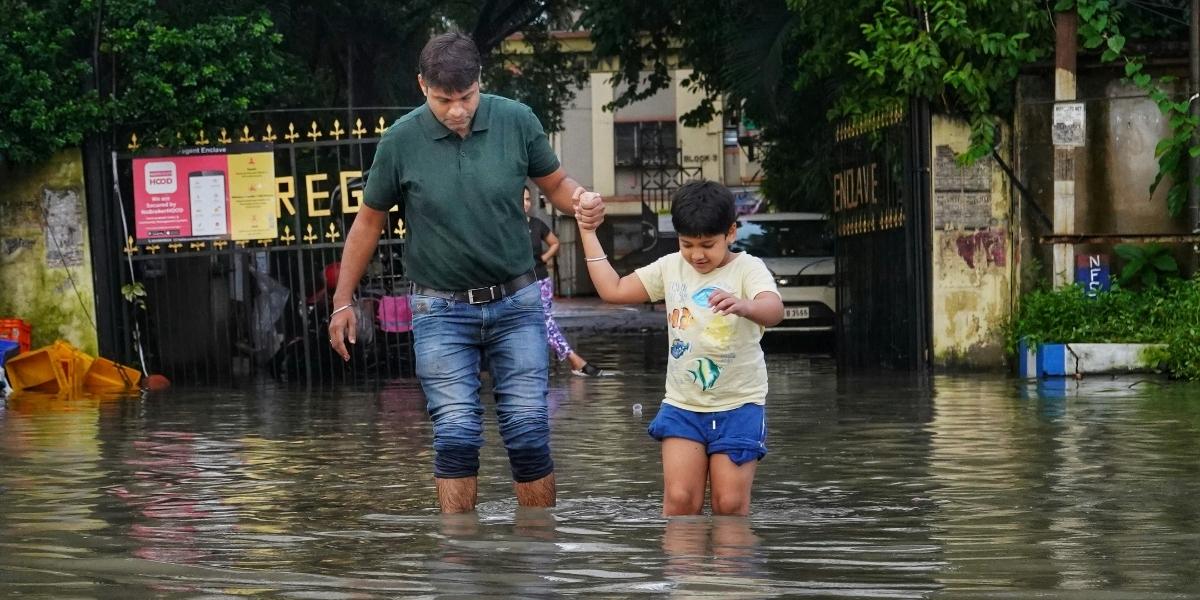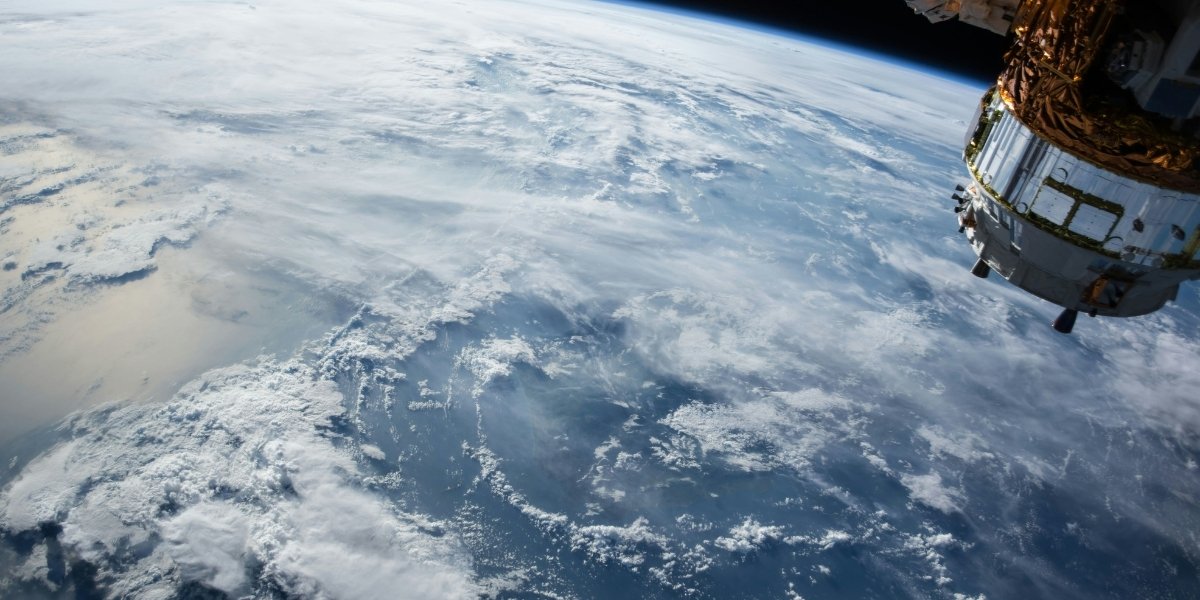What Is Freediving and Why Does It Matter?
Freediving is the practice of diving underwater on a single breath. There’s no oxygen tank, no bubbles, just human potential at work. While it may seem simple, it’s a skill that weaves together science, focus, and control.
It appeals to those seeking quiet immersion in the natural world. Divers often describe feelings of calm and clarity beneath the surface. Freediving offers a deeper connection to the ocean, where silence replaces noise, and movement becomes effortless.
It’s also used in photography, conservation, and marine research. The freedom from equipment makes it easier to approach marine life without disruption. For many, it’s not only a sport—it’s a lifestyle.
Read Also: How Men Can Master Personal Style and Grooming
How Does the Human Body Adapt to Freediving?
As the body descends, it triggers powerful biological responses. Known as the mammalian dive reflex, this set of reactions helps conserve oxygen and protect the brain and heart.
The heart slows down to preserve energy. Blood moves away from limbs and toward the core. Lungs compress, but the body adjusts. Even the spleen contracts to release more red blood cells, improving the ability to transport oxygen.
With practice, the body adapts further. Breath-hold capacity increases. Muscles become more efficient with oxygen. Training doesn’t just improve performance—it improves safety. Understanding these changes is essential for diving deeper and longer without risk.
What Techniques Help Freedivers Excel?
The foundation is breath control. Divers learn to breathe slowly and deeply, using the diaphragm to fill their lungs completely. This not only maximizes oxygen intake but also relaxes the body.
Equalization is another core skill. As pressure increases during descent, divers must adjust pressure in the ears and sinuses to stay comfortable. Techniques like the Frenzel method make this easier.
Streamlined movement is key. Efficient kicks and minimal motion reduce oxygen use. In training, divers practice static apnea—holding breath while still—and dynamic apnea, swimming underwater with controlled movement. Both improve endurance and control.
Why Is Mental Strength as Important as Physical Training?
Freediving begins in the lungs but continues in the mind. Calmness is critical. Anxiety burns oxygen. Tension disrupts rhythm. That’s why mental training is central to progress.
Divers use visualization to rehearse dives mentally. Some meditate to lower heart rate before entering the water. Focused breathing and relaxation techniques help control the nervous system and maintain clarity during each descent.
Self-awareness is vital. Freedivers must know when to push forward and when to turn back. This mindset, grounded in respect for the ocean and one’s limits, keeps the experience safe and rewarding.
What Makes Freediving a Fusion of Art and Science?
Freediving is not just technique—it’s expression. The artistic side shows in the grace of movement, the stillness of the body, and the unity with the sea. Watching a trained diver is like watching a dance, one where breath, motion, and silence come together.
But this art lives inside a framework of science. Every dive requires understanding pressure, lung volume, and the body’s oxygen use. Divers must know how the body reacts under stress, how to spot signs of risk, and how to train effectively.
This blend of knowledge and expression is what sets freediving apart. It’s not just how far you go—it’s how well you understand the journey.
Is Freediving Safe for Beginners?
Yes, but only with proper training and support. Safety is the first rule. Beginners must never dive alone. Practicing with a trained partner or coach is essential. Even shallow dives can be risky without preparation.
Learning to read the body’s signals prevents accidents. Simple things—like not overbreathing before a dive—can prevent blackouts. Respecting rest time between dives allows the body to recover.
Courses taught by certified professionals offer structured learning. These programs build confidence step by step. With guidance, even those new to the water can learn the skills to dive safely and enjoyably.
How Can Someone Start Training for Freediving?
Most begin with dry training—breathing exercises and relaxation on land. This helps develop the discipline and technique required for underwater work. Building lung capacity and breath-hold time gradually makes the transition to water smoother.
In the pool, new divers focus on form and comfort. Learning to equalize, move efficiently, and stay calm under pressure are the early goals. Open water training follows when those skills are ready.
Physical fitness helps, but freediving is more about awareness and control. Patience is the key. With time, progress comes. Deeper dives feel natural. Confidence grows. The breath becomes your most powerful tool.
Read Also: Navigating Midlife Transitions: Embracing Change and Growth
Why Is Freediving Gaining Global Interest?
More people are looking for quiet, mindful activities that reconnect them with nature. Freediving offers that space. It’s personal, peaceful, and challenging in a deeply human way.
The sport has grown not only through competition but through communities built on trust and support. People from different backgrounds meet to learn, practice, and explore the water together. The shared respect for the ocean unites them.
From the tropics to colder coasts, freediving schools and groups are forming in more places. Its simplicity makes it accessible. Its depth—both literal and emotional—makes it unforgettable.





